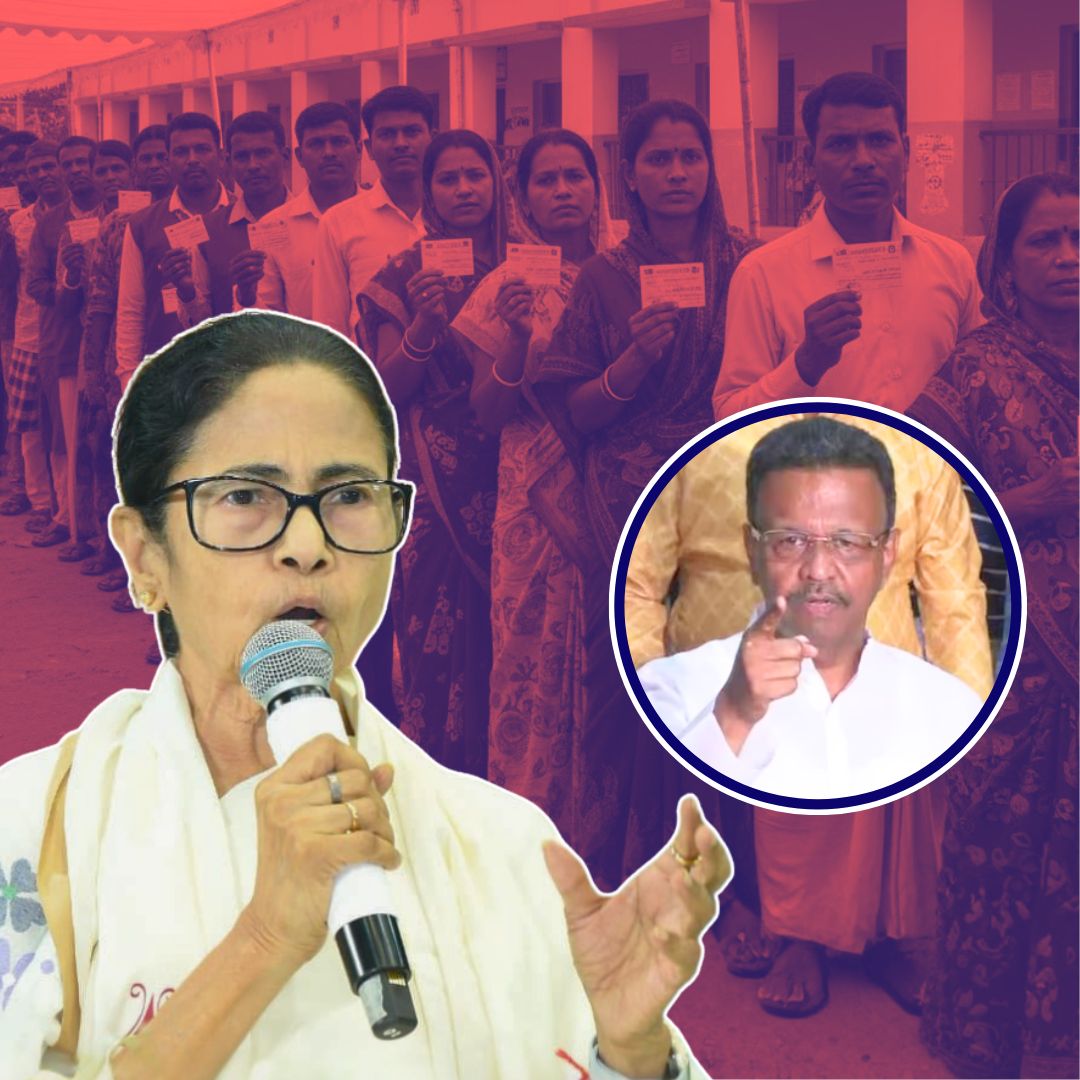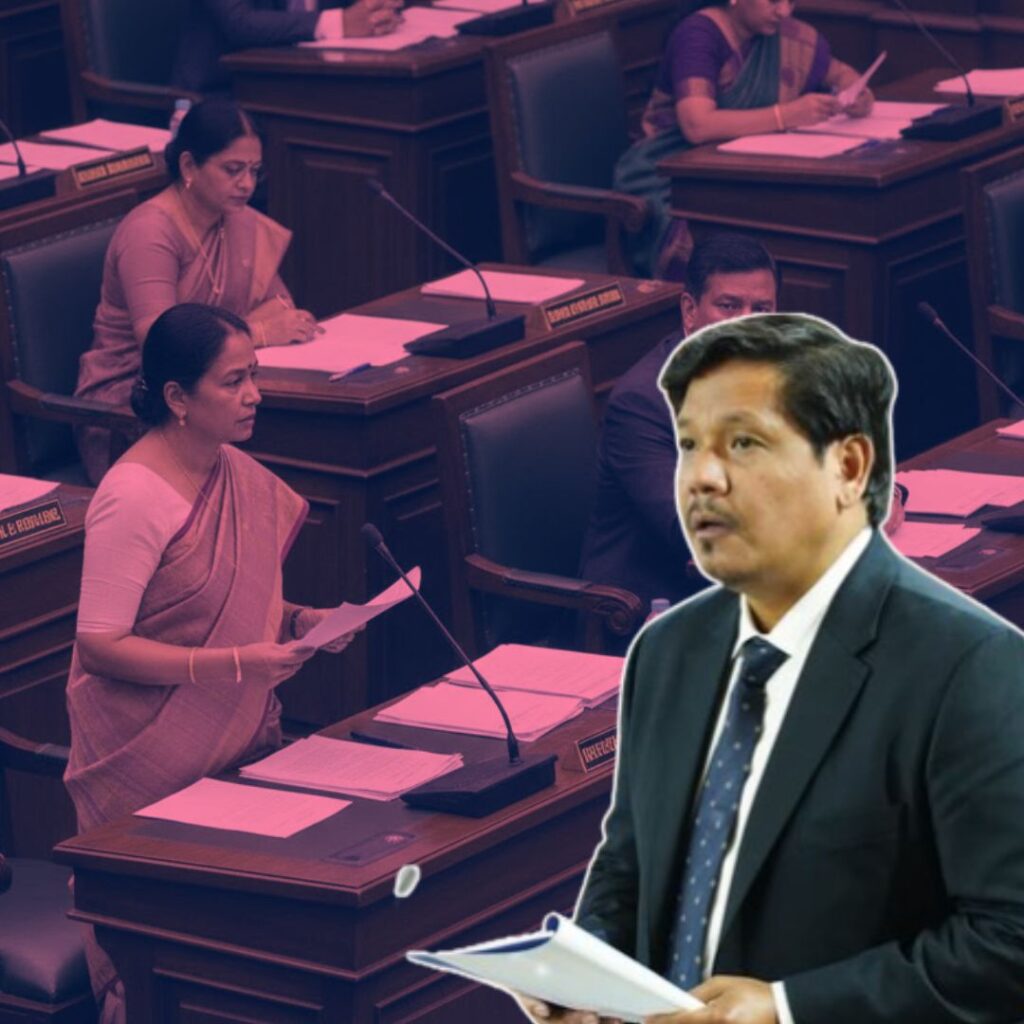The upcoming Special Intensive Revision (SIR) of voter rolls in West Bengal has stirred significant political controversy, with the state government and opposition parties raising concerns over alleged attempts to link the electoral process with the contentious Citizenship (Amendment) Act (CAA).
West Bengal minister and Kolkata Mayor Firhad Hakim issued a strong warning to the Bharatiya Janata Party (BJP) and the Election Commission (EC), accusing them of conspiring to disenfranchise poor and minority communities through the voter verification exercise.
The Election Commission, however, has denied these charges, stating that the revision is a routine and necessary exercise aimed solely at removing names of deceased voters, migrants, and duplicate entries from the voter list in preparation for the 2026 assembly elections.
Political Tensions Surrounding the Revision Exercise
Firhad Hakim has publicly cautioned the BJP and the EC against politicising the Special Intensive Revision, warning that any attempts to manipulate electoral rolls could threaten the democratic process. He accused the BJP of seeking to exploit the exercise to suppress the votes of disempowered sections of society by drawing comparisons with the Citizenship Amendment Act, which has been a major flashpoint in West Bengal.
Opposition parties like the Trinamool Congress and Left Front have expressed fears that the SIR could be used as a tool to marginalise minorities, especially given the politically charged atmosphere in the state ahead of elections. Chief Minister Mamata Banerjee has also voiced similar concerns, warning that the revision could serve as a “backdoor National Register of Citizens (NRC)” targeting specific communities.
The BJP counters these claims, asserting that the revision intends to create a clean electoral roll by removing “infiltrators” and ensuring only legitimate voters are registered. The Election Commission maintains that the process is a transparent and fair administrative exercise devoid of political motives, and urged citizens to cooperate by verifying and updating their voter information.
Context and Importance of the Special Intensive Revision (SIR)
The SIR is a comprehensive nationwide campaign initiated by the Election Commission of India after more than two decades, aiming to meticulously update and clean voter rolls across various states and union territories. Unlike the routine annual updates, the SIR demands active participation from all registered voters to verify their details to confirm their eligibility to vote.
This rigorous exercise aims to remove duplicates, deceased individuals, migrants, and illegal voters to ensure accuracy before the upcoming critical elections slated for 2026.
West Bengal forms part of the second phase of this pan-India revision, along with states like Tamil Nadu, Kerala, and Punjab. The SIR in West Bengal is particularly sensitive due to past political controversies surrounding the CAA and the NRC, which ignited intense protests and debate regarding citizenship and electoral rights.
The Bihar SIR pilot, completed recently, resulted in the exclusion of roughly 42 lakh voters from the rolls, prompting nationwide criticism from opposition parties who accused the EC of disenfranchising marginalized groups.
Responding to such concerns, the Election Commission has revised the enumeration process to focus more on inclusion, asking voters to provide minimal documentation and instead trace links to their entries or relatives in previous rolls. Appeals and corrections are also integral parts of the SIR to safeguard voter rights.
Official Clarifications and Citizen’s Role
The Chief Electoral Officer of West Bengal has held press briefings to clarify the objectives and procedures involved in the SIR, emphasizing that the exercise is routine, transparent, and essential to protect the sanctity of the electoral process. The EC has assured citizens that the exclusion criteria are based strictly on administrative records like deaths, migrations, and duplications, not on political or religious grounds.
Citizens are encouraged to actively participate by verifying their details online or at local electoral offices, filing appeals if wrongly excluded, and remaining vigilant against misinformation.
The Logical Indian’s Perspective
The voter roll revision saga in West Bengal underscores how essential it is for democratic institutions to not only execute processes fairly but also to communicate transparently and sensitively with the public. The legitimacy of elections hinges on inclusive participation and trust between voters and electoral bodies.
While administrative cleaning of voter lists is necessary to upholding democracy, any perception of bias or exclusion can unravel social harmony and deepen divisions, especially in politically charged regions.
Upholding the rights of every individual to vote without fear or suspicion requires open dialogue, empathy, and rigorous safeguards against exclusionary practices.
The Logical Indian advocates for political actors and electoral officials alike to prioritise transparency, fairness, and engagement. The democratic process must reflect the diversity and plurality of Indian society, ensuring that no community or individual is left unheard. As citizens, staying informed, vigilant, and involved is crucial in safeguarding democratic ideals.












